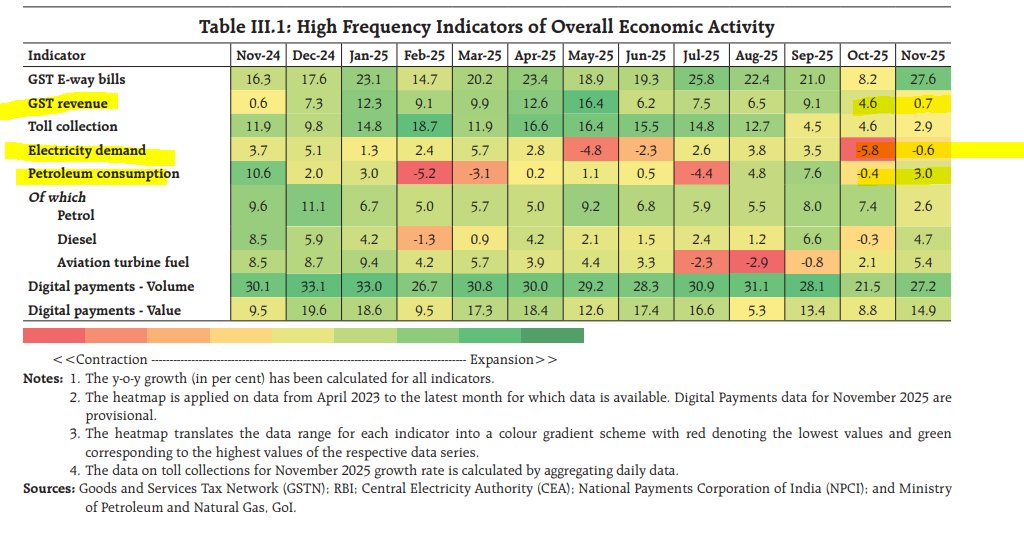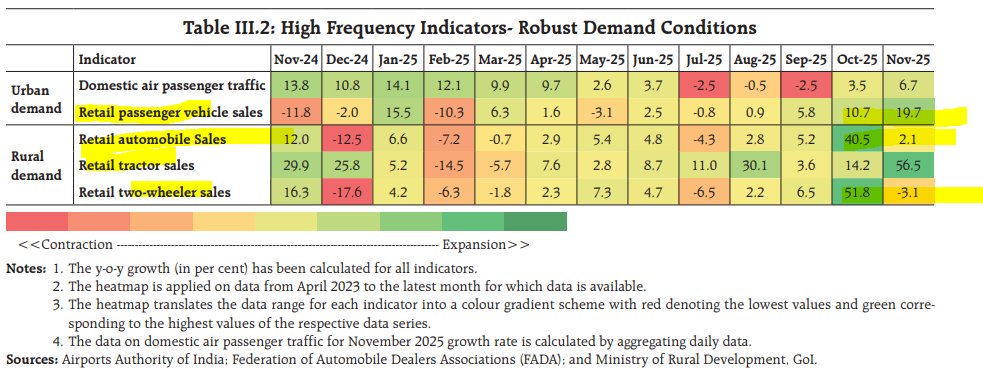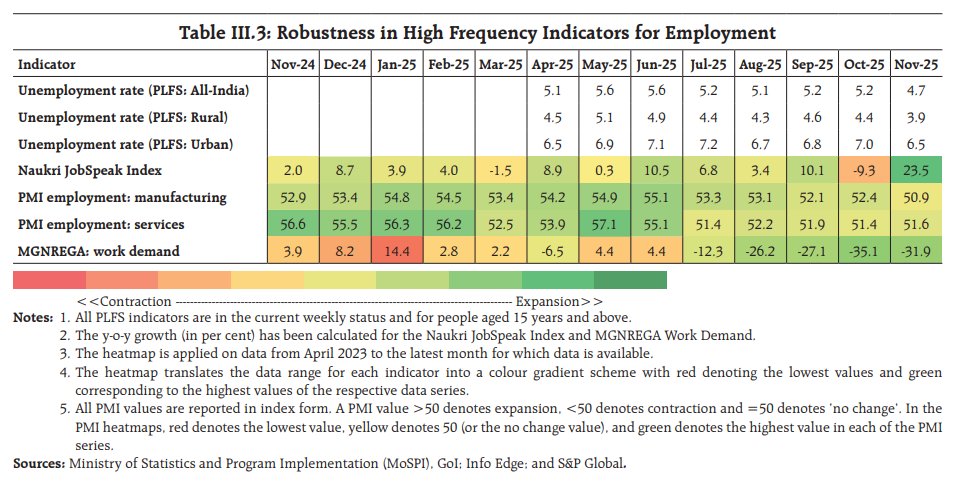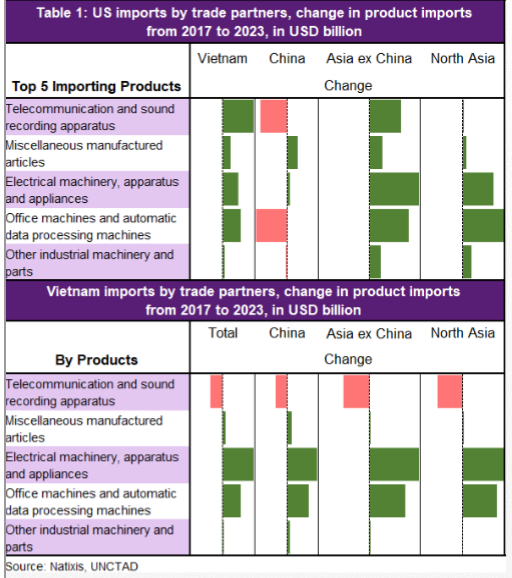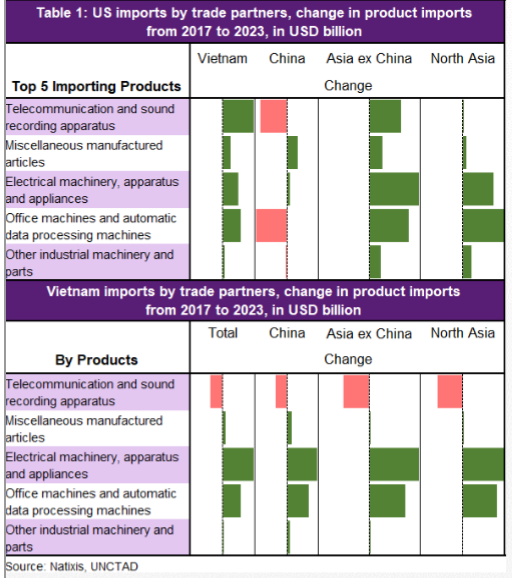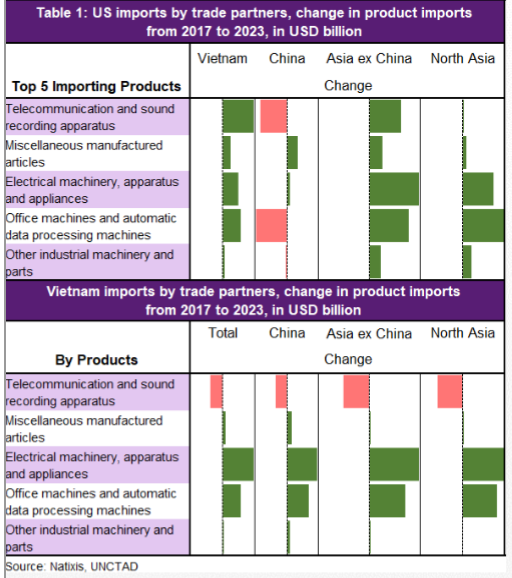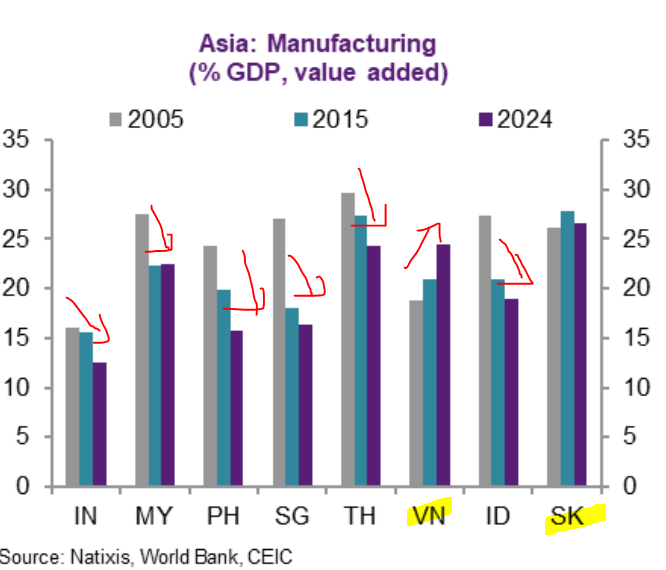Good morning 🦚 - my finance world 🌎 (traders, investors, economists, & people that love Asian macro) just joined forces w/ the academic world @natixis , @NatixisResearch & @CarnegieEndow 🥰💪🏻
On the macro front, Indonesia 🇮🇩 CB decision & flash PMIs today. So excited 🤗🤓🥳 !
On the macro front, Indonesia 🇮🇩 CB decision & flash PMIs today. So excited 🤗🤓🥳 !
@natixis @NatixisResearch @CarnegieEndow Australia prelim for services moved into contraction of 49.2 from 52.3 & composite goes below 50. For Japan, manu stayed negative at 49.5 w/ some stabilization while services picked up, likely a pre VAT tax hike boost. EU flashes are key for Asian exporters but exps are subdued😬 



@natixis @NatixisResearch @CarnegieEndow For those outside of finance, may seem strange that people are so obsessed w/ a central bank decision - in this case we have Indonesia today (consensus a hold; current rate 5.75%). While Indonesia capital market is shallow (by that we mean credit/gdp low ~30%), rates matter. Why?
@natixis @NatixisResearch @CarnegieEndow #Indonesia is the 4th most populous country in the world & that population is only rising. But Indonesia is an archipelagos (thousands of island) & there's massive diversity. GDP/capital in Jakarta is ~4 times the national average. Urbanization rates will 📈so a lot of people 👇🏻 



@natixis @NatixisResearch @CarnegieEndow What do these people striving for a better life need? Well, infrastructure (roads, railways, subways, ports & airways b/c Indonesia has lots of islands). Jakarta is notoriously jammed packed & that reducesproductivity & will only get WORSE! So need to BUILD INFRASTRUCTURE 🤗
@natixis @NatixisResearch @CarnegieEndow But how to build? Infrastructure is a great sector in that it has stable cash flow. But it also requires LONG-TERM INVESTMENT, usually only at the state level can you truly fund NATIONAL development. So there lies the rub.
To build, u need $, or to put another way, financers👈🏻
To build, u need $, or to put another way, financers👈🏻
@natixis @NatixisResearch @CarnegieEndow Can Indonesia fund its own infrastructure building? No. It has a fiscal deficit & the government says cap is 3% of GDP & the latest budget shows it chooses fiscal prudence. Ok, so how? Well, other actors like SOEs (doesn't show up on deficit but gov debt) &YOU (FOREIGN INVESTORS)
@natixis @NatixisResearch @CarnegieEndow Look at the chart below & how u loop it back to central banks & interest rates & why spending your life staring at the price of $ & bond prices can be a noble profession😇. Indonesia's interest expense payment is LARGE as a share of total expenditure & roughly 2% of GDP. So what? 

@natixis @NatixisResearch @CarnegieEndow It means that in the afternoon, the central bank'll have to decide whether to LOWER THAT INTEREST EXPENSE FOR THE GOVERNMENT OR NOT. Obviously this impacts everyone (private sector too). Key here is that the role of the central bank in easing the interest expense burden for gov🤗
@natixis @NatixisResearch @CarnegieEndow The question for Indonesia is not whether but when the central bank'll have to step in to ✂️ rates. Fiscal space is very limited & with the amount of building they have to do, rate cuts needed. Why do they hesitate? Not about inflation but the Fed & worried about risk-aversion.
@natixis @NatixisResearch @CarnegieEndow When someone asks you what u do for a living, instead of saying I'm in finance, why don't u say this for a change (said this yesterday at the FCC & journalists laughed, in a good way of course🤗): We finance EM Asia development. Roads, ports, etc w/ our investment in EM 😇😉👌🏻
@natixis @NatixisResearch @CarnegieEndow Indonesia is mulling corporate income tax cut from 25% to 20%. Likely to reduce already very low tax revenue ratio (% of GDP). This begs the question, how is it going to FUND infra? Indonesia, like China & other EM, derives MOST tax rev from indirect taxation (VAT, import duties) 

@natixis @NatixisResearch @CarnegieEndow Taxes: DIRECT (corp income, which is a ratio of economic activity & tends to be considered PROGRESSIVE (pay as much as u earn & target higher income); & INDIRECT (VAT etc) & considered REGRESSIVE as poorer people have less disposable income. EM goes for INDIRECT-easier to enforce
@natixis @NatixisResearch @CarnegieEndow This is flagged in earlier Tweets of mine on the GLOBAL CONSEQUENCE OF US TAX REFORMS, which will PUSH DOWNWARD PRESSURE ON REST OF THE WORLD FISCAL, esp EM that wants to retain & attract investment. A paper by the IMF below 👇🏻👇🏻👇🏻
https://twitter.com/Trinhnomics/status/1127067367001841666?s=20
• • •
Missing some Tweet in this thread? You can try to
force a refresh


